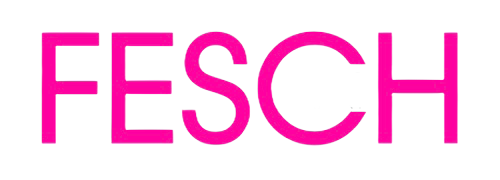Innovative Teaching and Learning – Developing Virtual Reality Applications for the Horticulture Classroom
FESCH.TV INFORMIERT:
Presented by Chad Miller
The COVID-19 pandemic resulted in a quick and mandatory transition to online teaching. Prior to the pandemic, increased utilization and implementation of digital learning experiences were in demand for higher education, especially for distance teaching and learning programs. Virtual reality (VR) technologies present a unique opportunity for undergraduate students to engage in on- or off-campus, immersive activities essential to programmatic learning outcomes when travel or access to industry locations and facilities are limited. In this presentation, the authors share their preliminary approach to develop and implement VR applications in two different horticulture courses: Greenhouse Management and Plant Propagation. Students were given pre- and post-activity surveys to evaluate perceptions surrounding VR applications and assess impacts on understanding and confidence pertaining to the course material. Pre-activity results in the K-State Plant Propagation course indicate that 77% of the students (n=33/43) think there should be more VR activities in classes and 84% (n=36/43) believe VR components will be beneficial in their careers. Material covered during lecture and laboratories for each course was supplemented by assigning students 360o images with which they could interact using the online platform, ThingLink, to demonstrate content knowledge. For example, to achieve lower-order learning outcomes, students were expected to identify structural components of a greenhouse or different sanitation elements common to plant propagation facilities. The development of this modality will provide faculty novel tools to help students engage with and experience the diverse horticulture industry to enhance experiential learning quality, increase student success, and improve workforce readiness for students.
Deinen Freunden empfehlen:






